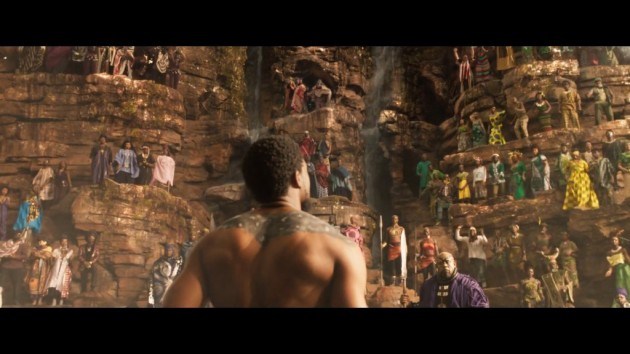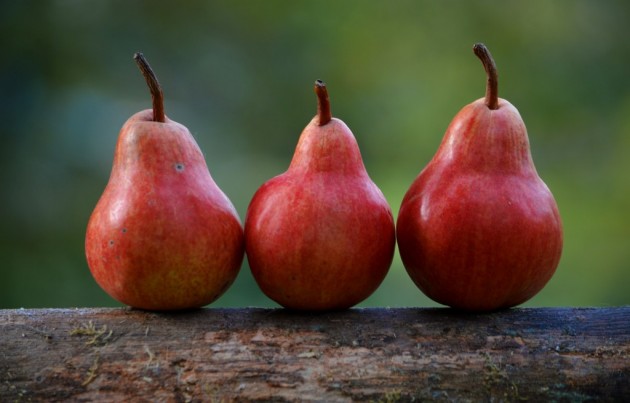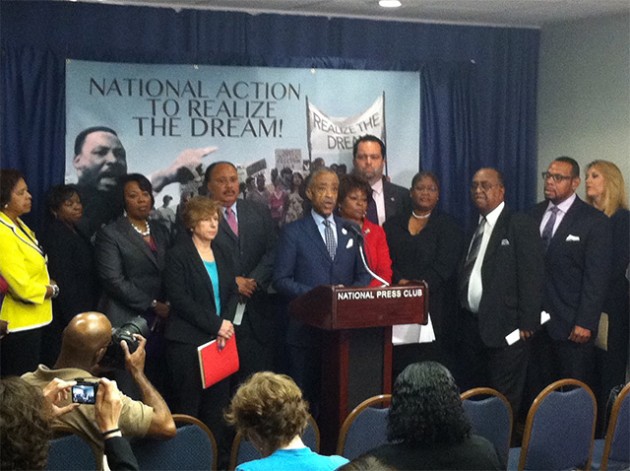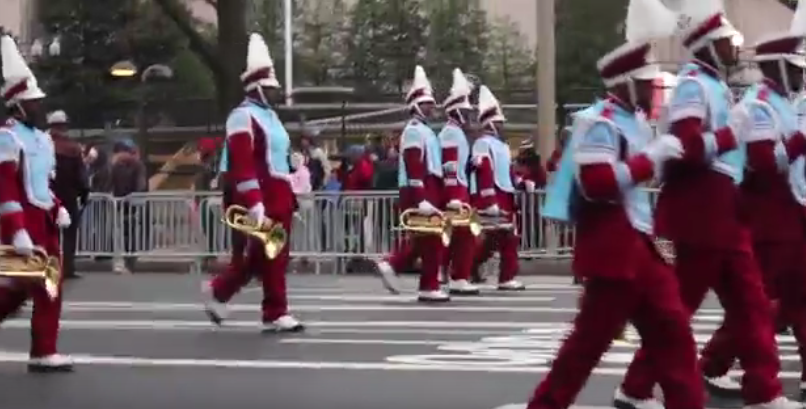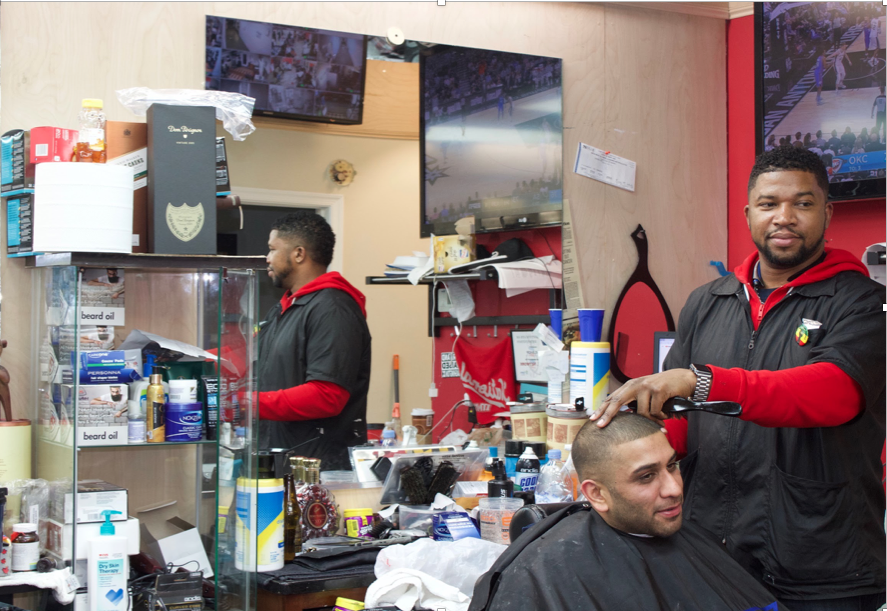
Photo Courtesy: UDC. Ronald Mason, Jr., President, University of the District of Columbia (UDC).
WASHINGTON, D.C. – As a college student pursuing law, Ronald Mason, Jr., president of the University of the District of Columbia (UDC), never thought that his career would shift to university leadership.
Born and raised in New Orleans, President Mason is the oldest of six children. He attended a Black, private elementary school that ultimately closed, leading him to transfer schools. His new school was a large, predominantly White catholic school that was four blocks away. “We could only sit in the back two seats,” he recalls of his experience at the school, which occurred during the era of segregation. As a teenager, Mason was the first Black freshman at Jesuit High School in New Orleans. After graduating he pursued his Bachelor’s at Columbia University, where he also received his J.D.
Following his legal studies, he returned to Louisiana and worked as house counsel for the Southern Cooperative Development Fund in Lafayette. This position was the start of his career in public service and allowed him to establish relationships with many civil rights figures in the area. One of these people included one of his longtime friends and first mentor, the late Father Albright McKnight, a Lafayette-area priest who led many of the Southern Cooperative Development Fund’s efforts. “That kind of shaped my perspective in life about certain things,” said the UDC president. “I’m always cognizant of the work that came before me.”
As he continued work as a community organizer Mason met Eamon Kelly, a program officer with the Ford Foundation at the time. Kelly later went on become the president of Tulane University and encouraged Mason to apply for the position of the university’s in-house lawyer. Through years of promotions, Mason eventually became the vice president for finance and operations senior vice president. He also served as the founder and executive director of the National Center for the Urban Community at Tulane and Xavier Universities. Mason later became president of Jackson State University in Mississippi as well as the seventh president of the Southern University and A&M College System.
Prepared to leave his long-standing career in university leadership to teach law, President Mason received a call from a colleague regarding an opportunity with UDC. “I wasn’t attracted at first,” said Mason. “The more I looked, the more I realized that there was a lot of potential.” Along with this research, Mason also noted how much he liked Washington, D.C. from his travels to the city as Tulane’s legal counsel. With that, as well as long discussions with his wife, Belinda, on the matter, Mason made the move to the District. The father of three began his tenure as the ninth president of the University of the District of Columbia on July 1, 2015 and is currently in his mid 60s.
Nichole Phillips, a former student of UDC, recalls President Mason’s first impact. “Things used to be pretty hectic around there,” said Phillips. “But since he came in, there hasn’t been as much craziness.”
Others can attest to Mason’s success, by pointing out how he makes an effort to interact with the students and attend campus events. “I’ve seen him at a couple of events,” said Ahmad Campbell, who is a former Howard student that has been to a few events with his peers. “That’s good because you expect him to be too busy for that kind of stuff with running a whole school.”
Daniel Venne, a professor and coordinator of the art program at UDC, was able to expound on President Mason’s awareness of problems and his ability to alleviate concerns. “In my experience, President Mason has been very effective in making sure that you’re aware that the problems you are dealing with are being addressed,” Venne said. A faculty member at the university since 2001, Venne has seen his fair share of presidents. “He seems to really appreciate smooth functioning and wants to see things go well.”
Mason is on the White House Board of Advisors for Historically Black Colleges and Universities and the Board of Directors of the Thurgood Marshall College Fund. He attributes his involvement with these groups as a way of being able to connect with other schools, especially HBCUs, in the area.
“My biggest hope is that we [UDC] will be worthy of the title of the public institution of higher learning in and for the nation’s capital.”

